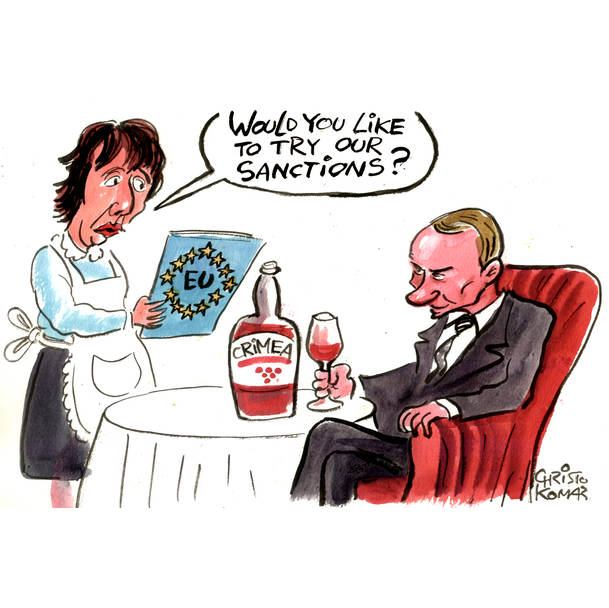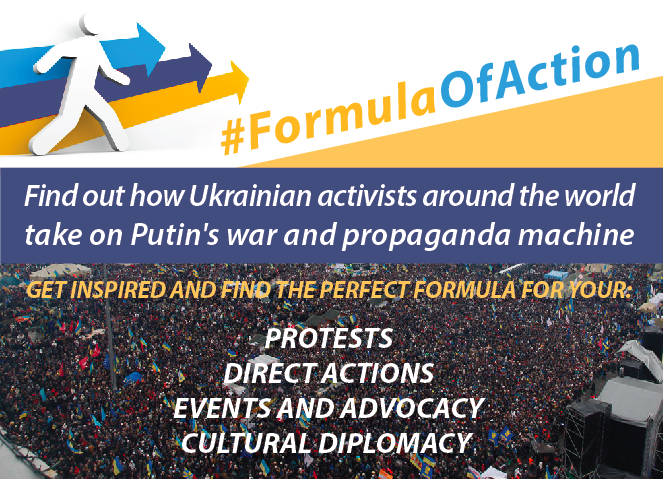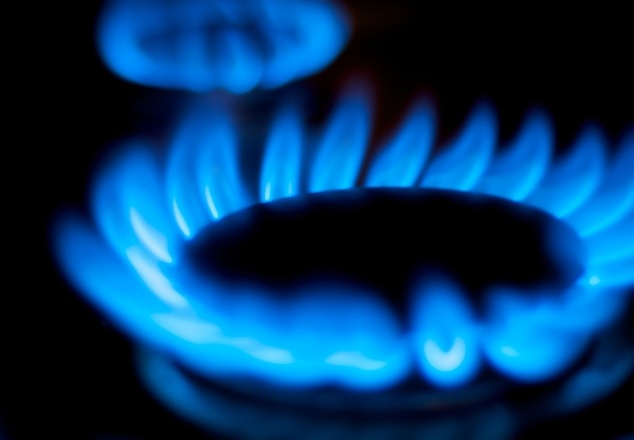I really want to write about the new sanctions, but there is nothing new to write about. Essentially, everything was written by me back on March 11 in the article “What will happen to Russia after the annex of Crimea: the victory of the West.” Four and a half months have gone by, everything I wrote about has emerged clearly and does not evoke any doubt. We only have to repeat and add new details.
We continue existing in the world of a victorious oxymoron. On one hand, there are new sanctions, on the other, they sound horrible, but they are quite harmless in the short-term. What does it mean, to stop giving state banks money in Europe for three months? And they were going to accept it during these three months? What does it mean not to sell us new oil industry equipment, if our companies have no money for modernizations, and we make most of our purchases in China anyway? How will the population feel the limit on weapons sales to Russia (and whom will Russia itself with these weapons)?
It seems the US and EU don’t understand what they are doing. It is known that the weak pokes only serve to anger the enemy. Being a hostage to the primitive model of Russian society, Putin may want to, but he cannot leave the separatists for dead now – because they will say it’s because of the sanctions! If we judge by the tone of discussions in Russia, the result of the sanctions will not be the social rejection of Russian government action but the consolidation of society against the actions of the US and the EU.
It would seem that to break Russia’s stubbornness, taking into account its governments lack of opportunity to lose face before their people, they would have to talk quietly to the Russian President and make an agreement (with threats and convincing at the same time, but let him save face), or strike him to defeat – impose the harshest sanctions possible (like bans on airline flights, supplies of spare parts for planes, state bank account freezing etc.) – everything everyone would immediately feel. Why is this not happening?
The answer is very simple. We have an erroneous perception of the international situation. For us, the center are the events in Ukraine, and the sides of the conflict are trying to win on this theatrical stage of combat – Russia wants to create Novorossiya and preserve Crimea and the US and EU want to fight for the integrity of Ukraine. In reality, this is not the case at all.
There are three central issues. The gas market and system of making global political decisions are the central issues of the US government. Stability of their own government is the central issue for the Russian leadership. Ukraine is simply a field for the game, the EU is the judge who gives the prize to the US in case of success, the Russian people are the judge who gives the prize to the Russian government, also in case of success.
The task of the US government is to preserve Russia’s part as “the bad guy,” which may allow them access to the European gas market, having taken it away from Russia (and a number of small markets – raw materials, weapons, etc.), and get rid of the pleasure of listening to Russia in the process of multilateral international talks. The EU is ready to join the US, but only if this action receives mass support from the European electorate, and this means that Russia has to be “the bad guy.”
The Russian government ended up on the US’ hook half a year ago, but, it seems, having understood the “unexpected” benefits from the situation, it easily exchanged economical losses for a significant rise in popularity within the company. De facto the US and Russian governments are game partners, only their prizes are different. The situation sits well for all the players (let us not consider the Ukrainian government the victim: Ukraine is going through unbelievable consolidation of the population around Kyiv; war with Russia will give Kyiv the opportunity to write off all the difficulties and losses from the economic reforms without evoking “the people’s anger,” rather channeling it towards Russia; finally, Kyiv will of course receive significant financial support from the EU).
Can harsh sanctions be imposed in this situation? Of course not – really harsh sanctions will be saved as a last resort in case Russia violates the rules of the game as of today, its withdrawal from the current partnership with the US – for example, the attempts at open military intervention of Russia in Ukraine. In case they are imposed today (or tomorrow), first, there is a risk of Russia retaliating in kind (what can Putin do in order to preserve power in the country with a decaying financial and transportation system? Only start war against Ukraine); second, the risk of Russia’s capitulation, the return to the status quo and the loss of the EU gas market for the US. Neither is all right with the US.
What will happen next? I think the war in Ukraine will survive for another two-three months – the way events are developing, there is no doubt that the ATO troops are capable of solving the problem within this term. Within this time they will increase the sanctions a couple of times more (for the western voter to see the concern of the government), however they will be just as fluffy. For example, they will ban loans to the biggest state companies for three months. Within three months the EU will conclude that the war is over, Russia is not helping the terrorists anymore, which means that the sanctions worked. The electorate will be satisfied with the efficient actions of the government and will want to exclude the possibility of economical damage to themselves. In accordance with their wish, the EU will cancel the sanctions (besides the personal ones that have to do with arming and high-technological production). It seems the US will do the same, for the same reasons. In parallel, as the issue of Crimea has not gone anywhere, the US will put pressure, and the EU will agree to the program of decreasing Russian gas dependence, and Russia will be non grata in educated political parties like “G something” and will not influence their decisions.
The Russian government today cannot stop lending aid to the terrorists (showing weakness means fall of support), nor increase it (there is no “national” support in Russia in the issue of deploying the army, if they do resort to it, they have to win the war quickly, while “cargo 200” has not changed the attitude of the population towards the government, and the chances of this are not obvious, this is not war against the Georgian army, and the NATO might help).
The Russian government will only heave a sigh of relief after the war is over. It will sigh and report to the electorate that: a) they prevented the war and was not subject to provocations; b) will consequentially fight the Ukrainian fascist junta and protect Russian rights henceforth; c) everything is so bad in Ukraine that they shouldn’t even be fought, they have almost ceased to exist; d) let them go to Gay-Europe, fewer problems for us; e) no sanctions could break us, the recent events, including the cancellation of sanctions are a testament to the defeat of the US and the EU.
And everyone will be satisfied, excluding those who died in the nightmare in the east of Ukraine, who died to change the gas suppliers to Europe, and the Russian government who has led the country into an economical dead-end in the last 15 years, increased its rating and postponed the logical end of its reign.
And for another three-four years Crimea will be ours (and the money will go to them, and the fleet will be in Sevastopol surrounded by three NATO members and two of its allies without supply channels), oil will be expensive, the economy will stagnate or be in a state of recession, the taxes will keep growing, the level of life will slowly decrease, the gas pipeline to China will be under construction, in sum everything will be good. And Europe will be constructing gas dilution terminals, lower the percentage of gas in producing electricity and prepare to refuse Russian supplies. And the US will increase gas extraction and lower its value. And the NATO will cooperate with Ukraine and look closer at the polygons near Sumy for missiles just in case. And Iran will be slowly leaving the sanctions and preparing to increase oil supplies. And Tesla will build electrical charging stations and perfect its cars, and other car producers (which will receive its patents for free) will begin programs to transition to the production of electrical cars as their main produce.
I won’t write what happens next. Some consider it obvious, and some will never believe me. Why did I write this? Oh yes, to say that there will be no catastrophic sanctions. There’s no point in saving bread, hiding dollars under your pillow, selling your apartment and fleeing. Not this year. Better yet, think of what to do within three-four years.
Source: Slon
Translated by Mariya Shcherbinina





